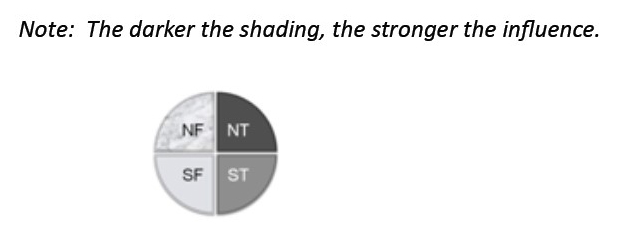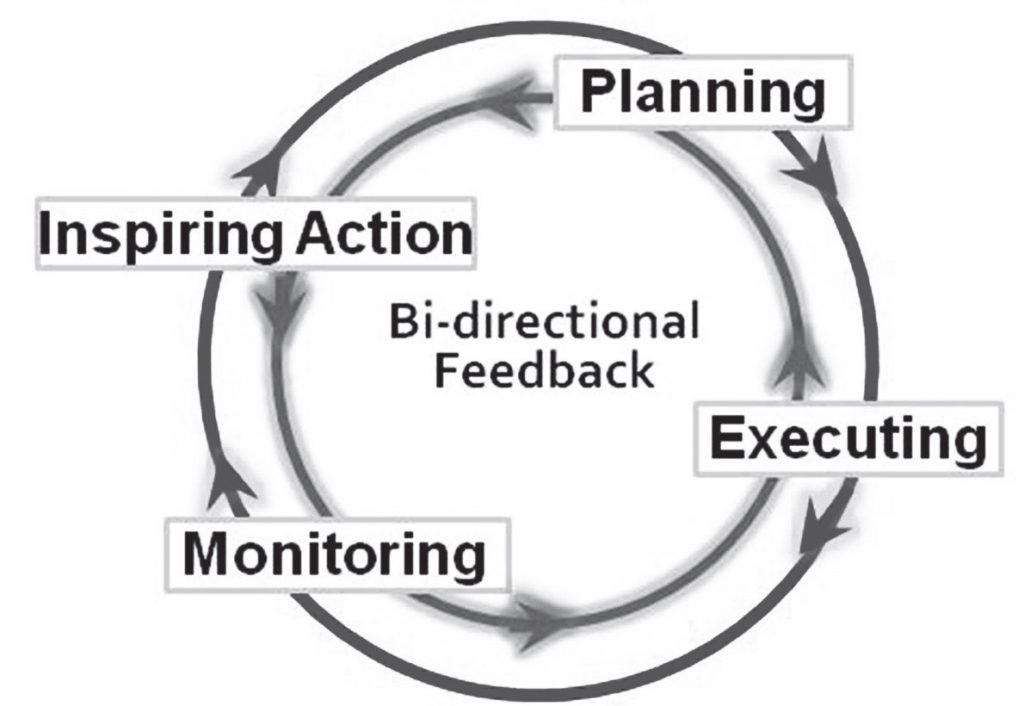APPLYING THE AC TO ORGANIZATIONS
APPLYING THE AUTHENTICITY COMPASS IN ORGANIZATIONS
Warning: DO NOT USE THE AC WITHOUT CONSCIOUS LEADERSHIP BEING IN PLACE.
Conscious Leaders understand the essential role each one of the four Authenticity Compass Quadrants play in their organization’s success. They acknowledge and actively support these roles. By doing so, they reinforce the importance of the contributions being made, and they strengthen trust and a sense of belonging throughout their organization.
Conscious Leadership means the organization’s leaders:
- believe in creating a world in which people live lives of meaning and purpose. (This is demonstrated by their efforts to establish and maintain environments in which people experience personal balance and are in harmonious alignment with one another.)
- maintain an ongoing commitment to their own personal character development . (These leaders exemplify self-awareness, integrity, and accountability.)
- know consciously-led companies are powerful agents of change and are a force for good in the world.
- understand their #1 job is to connect people with purpose.
- consistently employ systems thinking in their management practices by seeking solutions that work for the whole organization not just certain areas within it. They embrace the mechanics of sustainable success (i.e. the PDCA Cycle) by recognizing and managing the interdependencies within their organization’s functions and maintaining awareness of the external forces influencing them.
- fully comprehend the fact that every PDCA Cycle requires clarity of purpose, active listening and process management to prevent the problematic distribution of power often experienced in organizations (as demonstrated in the following chart):

The energy represented in this diagram is not balanced. Every quadrant of a company’s Authenticity Compass is important to its overall state of health. A company’s weakest energy quadrant will (if it hasn’t already) negatively influence its state of balance, its alignment with its stakeholders (customers, employees, trading partners, etc.) and ultimately, its position in the marketplace. To fortify and sustain success a company must capitalize on its strengths and address its inherent weaknesses by insuring the ongoing development of all four of its Authenticity Compass defined skill bases; specifically, its planning skills [NT], its execution skills [ST], its monitoring skills [SF] and its change management skills [NF].
Establishing cycles of success within an organization requires active listening. When people communicate with honesty and actively listen to one another, they promote transparency and harness the power of alignment within their relationships. Alignment promotes interpersonal harmony, individual empowerment, and organizational stability. Strong organizational alignment is required to achieve operational excellence, organizational resilience, and the long term viability of an organization.
Promotion of Active Listening in Cycles of Success

The COVID-19 pandemic (2020-2021) provides an excellent example of why the PDCA Cycle is crucial to humanity’s success. Along with the CDC guidelines to socially distance, wear a mask, and regularly wash one’s hands, fighting this virus required: (1) Developing effective vaccines (2) Manufacturing the vaccines (3) Distributing the vaccines and (4) Injecting the vaccine into the arms of people. Each of these four processes has its own PDCA Cycle. However, the successful management of the pandemic requires every country across the globe to have overarching PDCA oversight of these four processes. We must continually learn from our mistakes so that (1) we do not repeat them and (2) we are better prepared for the next pandemic. Without active listening being in place for what does and what doesn’t work, mistakes that cost people their lives will be repeated.
